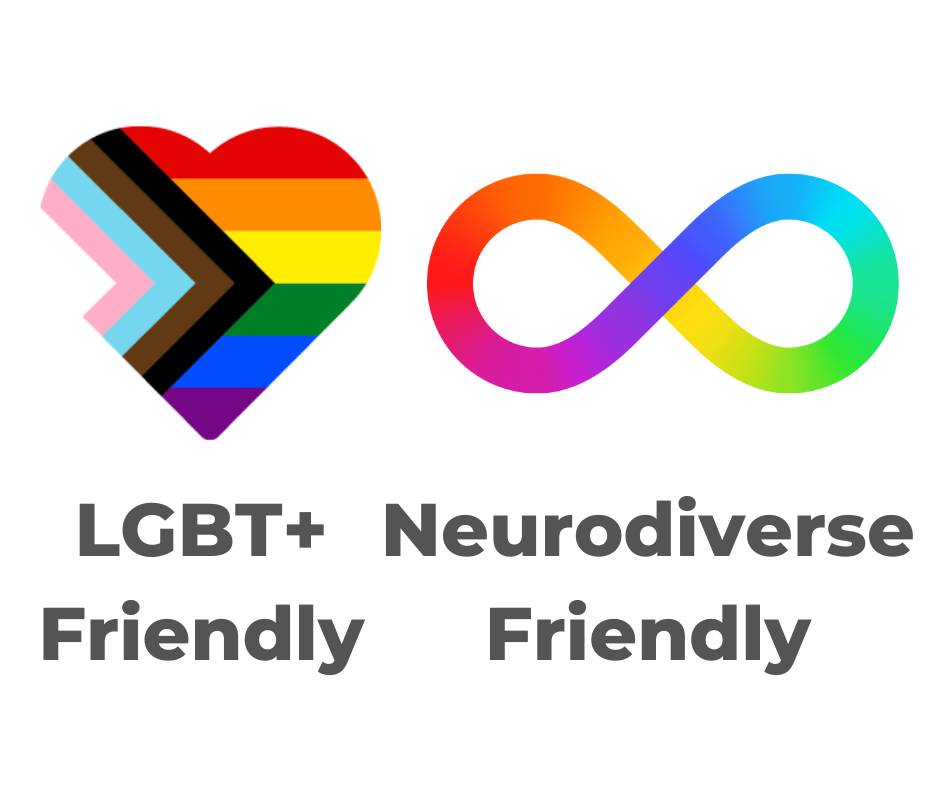Types of Farewell
"In my opinion, she is the best celebrant locally. As a funeral director, I can honestly say that this lady is amazing. All the families she has dealt with for me were over the moon."
Which type of farewell you require depends on when it is being planned:
Funeral
A funeral is an 'at need' service, which occurs shortly after a person dies.
Typically, the deceased is present in a coffin or shroud, and usually there will be words of committal for the deceased person's body, just before they are cremated or buried.
Most traditional funerals are of this sort, and likely managed by a funeral director, who will normally care for the deceased's body too, and will help you with transport, coffin, flowers, stationery etc.
With support from your local bereavement office, you can do the arrangements yourself if you wish, including booking your choice of crematorium 'slot'.
There is advice online too if you'd like to be more involved.
There are regulations regarding how the deceased's body is dealt with, but no rules about when, where and how the service should take place, or who should lead it.
These are your choice.
Funerals are usually led by a minister or celebrant.
Your choice of minister/celebrant may be contacted direct.
You can find celebrants by Googling 'funeral celebrants near me' or using the link at the bottom of the page.
Alternatively, ask your funeral director to book one.
If unsure who to use, you may accept a funeral director recommendation.
The best funeral directors will match the most suitable local officiants for your requirements to you; not just use the same one or two for everyone.
Arrangers will not usually have seen the officiant's services, or know the differences between them, so you may prefer to ask for a list of officiants and pick your own.
You may lead the funeral yourself, of course, or not have a service if you prefer.
Services typically take place at a local crematorium, cemetery, graveyard, or natural burial ground. The fees are set by the local council, or a private provider.
Out of area funerals may be very expensive, and charge a premium.
You may hold the service at alternative locations - such as at a function venue or at home.
See Options for more ideas, or contact me, or a funeral director, for advice.
Memorial
A memorial ceremony is conducted post-committal - that is, after cremation or burial - or where there was no body.
It may be combined with an ashes interment or scattering if you wish.
It is usually a 'celebration of life' type event.
A memorial takes place at your choice of date/time and venue/location.
You may choose a memorial when:
There's no need for a funeral director to be in attendance, unless you'd like them to arrange vehicles, flowers, stationery etc.
You may wish to have me write/lead the ceremony, or do it yourself - either way, I'm happy to offer advice.
Pre-need
Pre-need guidance is where I work with you to discuss, and/or design a funeral ceremony ahead of time.
Sometimes people who are terminally ill, or caring for someone who is terminally ill, choose this.
Other times people have no intention of departing soon, but like to have everything in place for the future!
It can put your mind at rest to know you've recorded your wishes, and more importantly, the stories you'd like to have told.
You might want to just book by the hour for a chat to explore your options, or have me record your wishes in detail, which you can keep safe for later. Alternatively you might like to book a 'script only' package and have me write the service for you.
Funeral plans taken out with funeral homes or online companies often record the basics, but rarely consider the full service content itself - which is the heart of the funeral! So it still leaves the chief mourner having to organise this.
Perhaps you'd like me to draft a service running order, eulogy, or script for you - for either myself or someone else to deliver, when the time comes.
If you have taken out a funeral plan, it can be kept with it.
Useful Links
www.gov.uk/after-a-death/arrange-the-funeral
www.goodfuneralguide.co.uk/
www.funeralguide.co.uk/help-resources/arranging-a-funeral/arranging-a-funeral
www.naturaldeath.org.uk/index.php?page=natural-burial-grounds
www.homefuneralalliance.org/home-funeral-fact-sheet.html
funeralcelebrants.org.uk/
- before death (pre-need)
- in the immediate aftermath of a bereavement (at need funeral)
- some time after committal (memorial).
Funeral
A funeral is an 'at need' service, which occurs shortly after a person dies.
Typically, the deceased is present in a coffin or shroud, and usually there will be words of committal for the deceased person's body, just before they are cremated or buried.
Most traditional funerals are of this sort, and likely managed by a funeral director, who will normally care for the deceased's body too, and will help you with transport, coffin, flowers, stationery etc.
With support from your local bereavement office, you can do the arrangements yourself if you wish, including booking your choice of crematorium 'slot'.
There is advice online too if you'd like to be more involved.
There are regulations regarding how the deceased's body is dealt with, but no rules about when, where and how the service should take place, or who should lead it.
These are your choice.
Funerals are usually led by a minister or celebrant.
Your choice of minister/celebrant may be contacted direct.
You can find celebrants by Googling 'funeral celebrants near me' or using the link at the bottom of the page.
Alternatively, ask your funeral director to book one.
If unsure who to use, you may accept a funeral director recommendation.
The best funeral directors will match the most suitable local officiants for your requirements to you; not just use the same one or two for everyone.
Arrangers will not usually have seen the officiant's services, or know the differences between them, so you may prefer to ask for a list of officiants and pick your own.
You may lead the funeral yourself, of course, or not have a service if you prefer.
Services typically take place at a local crematorium, cemetery, graveyard, or natural burial ground. The fees are set by the local council, or a private provider.
Out of area funerals may be very expensive, and charge a premium.
You may hold the service at alternative locations - such as at a function venue or at home.
See Options for more ideas, or contact me, or a funeral director, for advice.
Memorial
A memorial ceremony is conducted post-committal - that is, after cremation or burial - or where there was no body.
It may be combined with an ashes interment or scattering if you wish.
It is usually a 'celebration of life' type event.
A memorial takes place at your choice of date/time and venue/location.
You may choose a memorial when:
- only a small or simple funeral was possible & now you'd like a full celebration of life
- there was a direct cremation - there was no ceremony
- you'd like to mark an 'in memoriam' anniversary or birthday
- you wish to gain closure with a farewell ritual, for example:
- tree planting or other ritual or symbolic act
- ashes scattering or interment (subject to the land owner's permission)
There's no need for a funeral director to be in attendance, unless you'd like them to arrange vehicles, flowers, stationery etc.
You may wish to have me write/lead the ceremony, or do it yourself - either way, I'm happy to offer advice.
Pre-need
Pre-need guidance is where I work with you to discuss, and/or design a funeral ceremony ahead of time.
Sometimes people who are terminally ill, or caring for someone who is terminally ill, choose this.
Other times people have no intention of departing soon, but like to have everything in place for the future!
It can put your mind at rest to know you've recorded your wishes, and more importantly, the stories you'd like to have told.
You might want to just book by the hour for a chat to explore your options, or have me record your wishes in detail, which you can keep safe for later. Alternatively you might like to book a 'script only' package and have me write the service for you.
Funeral plans taken out with funeral homes or online companies often record the basics, but rarely consider the full service content itself - which is the heart of the funeral! So it still leaves the chief mourner having to organise this.
Perhaps you'd like me to draft a service running order, eulogy, or script for you - for either myself or someone else to deliver, when the time comes.
If you have taken out a funeral plan, it can be kept with it.
Useful Links
www.gov.uk/after-a-death/arrange-the-funeral
www.goodfuneralguide.co.uk/
www.funeralguide.co.uk/help-resources/arranging-a-funeral/arranging-a-funeral
www.naturaldeath.org.uk/index.php?page=natural-burial-grounds
www.homefuneralalliance.org/home-funeral-fact-sheet.html
funeralcelebrants.org.uk/

